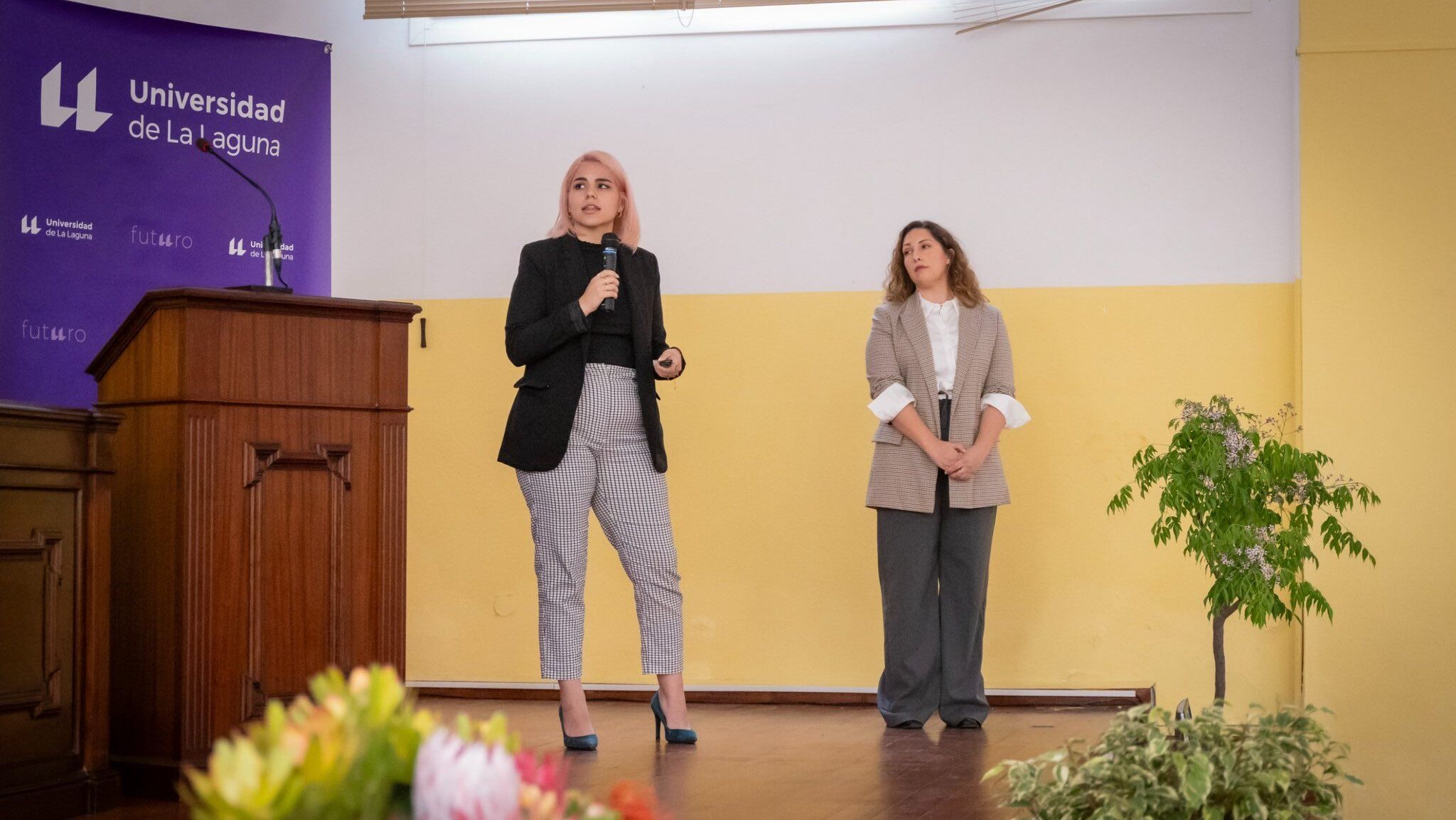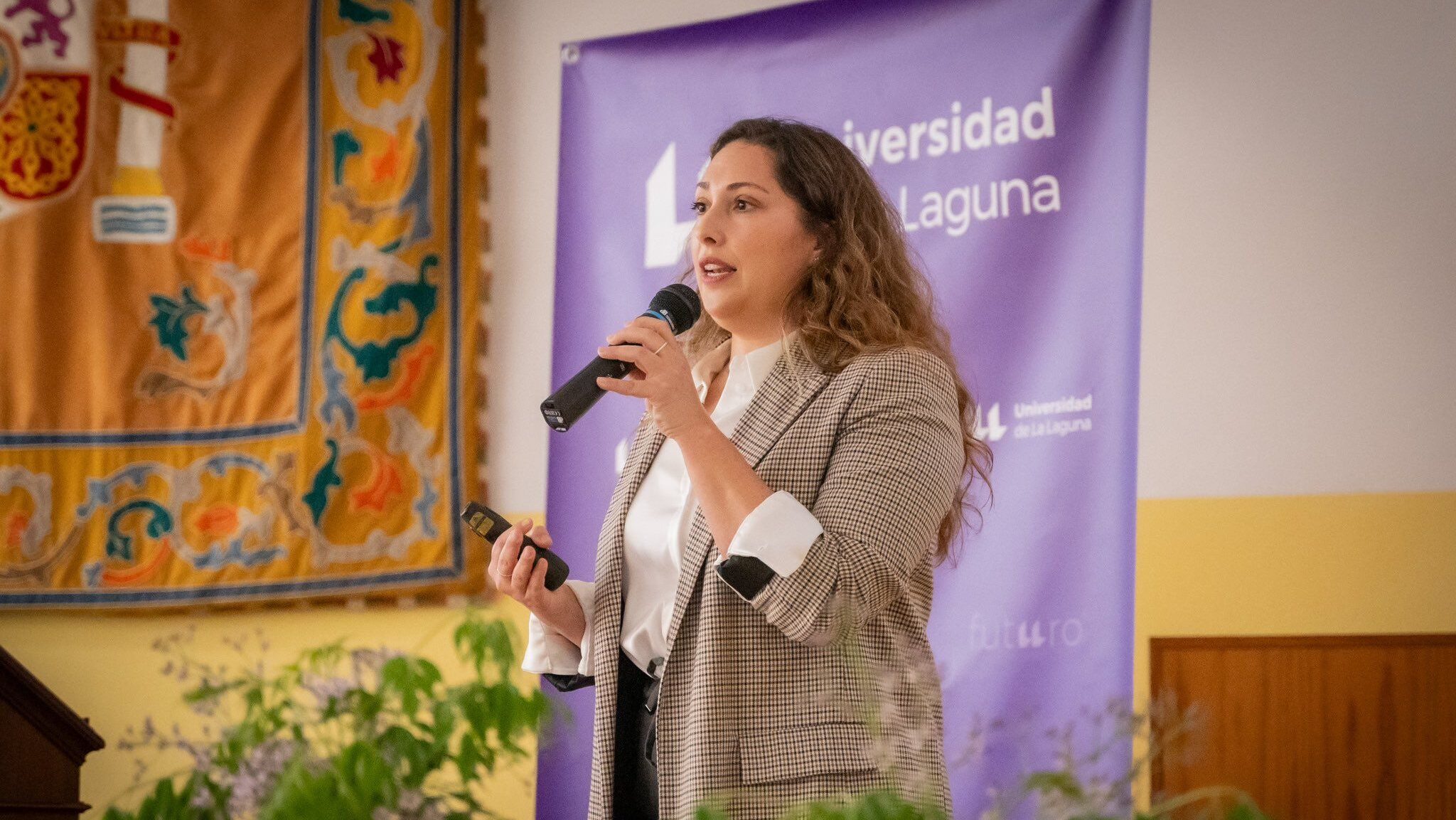In a significant event on World Water Day, the Universidad de La Laguna’s Ingenia research group took centre stage to celebrate the culmination of a week dedicated to water resource management and climate resilience. The closing ceremony, held on March 22, was graced by the presence of Fernando Clavijo Batlle, the President of the Government of the Canary Islands, underscoring the importance of sustainable water management in the archipelago.
The Ingenia group, led by Juan Carlos Santamarta and including researchers Noelia Cruz Pérez and Juan C. Santamarta, presented an overview of three major European projects they manage, collectively aiming to enhance water resources management and climate change resilience. With a total funding of nearly 40 million euros, these projects focus on addressing the unique challenges faced by fragmented and vulnerable regions like the Macaronesian archipelagos.
This initiative is part of the university’s broader research efforts on water management, exploring various facets from wastewater treatment to desalination, droughts, and water quality. The Canary Islands, with several areas already declared in a state of water emergency, exemplify the delicate balance required to manage this vital resource amidst growing population pressures and a booming tourism sector that significantly increases water demand.
The Ingenia group’s involvement in the ARSINOE project, with a budget of 15 million euros, aims to build climate-resilient regions through systemic solutions and innovations. Focusing on the groundwater resources of El Hierro and La Palma, the project analyzes the impact of sea-level rise and temperature increases on key crops, adhering to IPCC scenarios.
Another highlighted project, NATALIE, co-led with Aquatec and involving 42 European institutions, seeks to incorporate nature-based transformative solutions to improve climate resilience across various European biogeographic regions. Ingenia will focus on sustainable urban drainage systems in Gran Canaria, the study of degraded wetlands in Fuerteventura, and the hydrological model of La Laguna in Tenerife.
The event not only showcased the university’s commitment to advancing water management research but also emphasized the interconnectedness of water and energy management, highlighting the crucial role of electrical production in the archipelago’s integral water cycle. With the visit from President Clavijo, the event marked a significant acknowledgment of the efforts and future potential of research in shaping the islands’ sustainability and resilience strategies.


